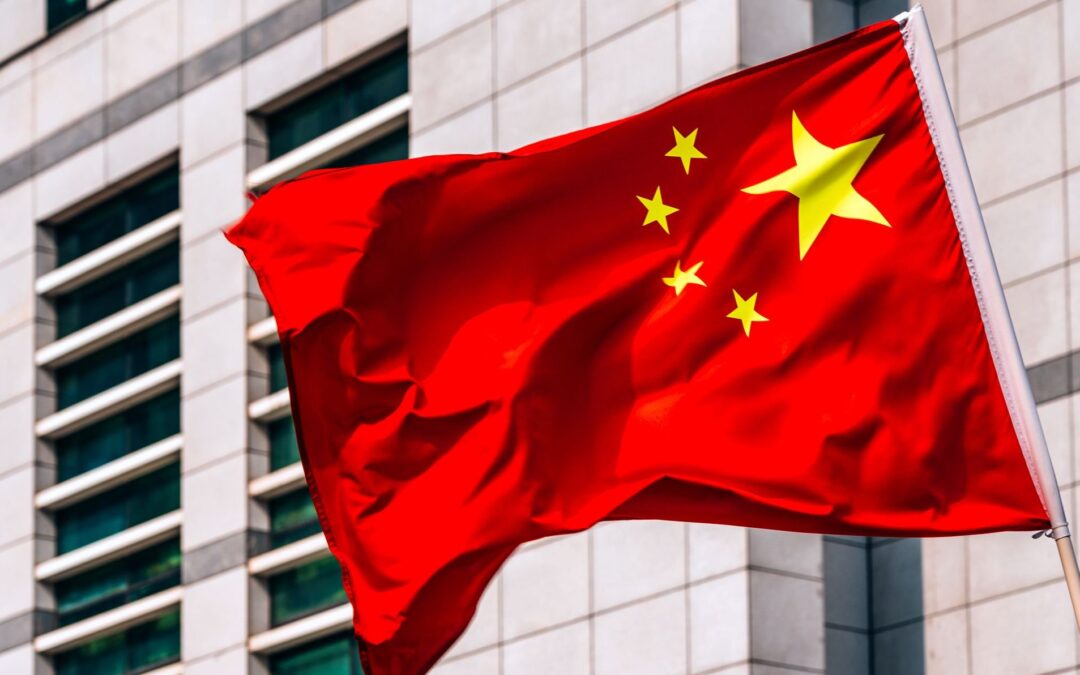Semaglutide, the active ingredient in Ozempic and Wegovy, is set to lose patent protection in China on March 20, 2026. This is years ahead of its expiration in the United States, Europe and Japan. As that date approaches, Chinese pharmaceutical companies (as well as others globally) are racing to launch generic versions, with at least 11 already in late-stage clinical trials and several applying for marketing approval.
Unlike in the U.S., where access to GLP-1s is limited by cost, insurance coverage, and supply constraints, these Chinese generics are expected to hit the market at a fraction of the cost, creating a significant price and access gap.
What This Means for the U.S. Market
Some overseas companies will likely begin marketing semaglutide to U.S. consumers, taking advantage of confusion (or alleged confusion) around the FDA’s personal importation policy.
Importing medications for personal use is illegal under U.S. law if the drug is not FDA-approved, even if it is approved for use in another country and identical to a U.S. drug. However, in some extremely limited circumstances, the FDA may consider allowing personal-use importation when:
- The product is not for treating a serious condition and there is no known health risk; or
- The product is for treating a serious condition but is not available domestically, has not been promoted to U.S. residents, poses no unreasonable risk, and is imported in a small quantity for personal use with proper documentation.
To legally sell the brand name semaglutide in the U.S., a manufacturer must obtain FDA approval and comply with strict import, manufacturing, and labeling requirements. Without that approval, the drug cannot be legally sold, prescribed, or administered in the U.S., regardless of cost or how “identical” it claims to be.
U.S. Ozempic Shipped to China
It’s also possible that Chinese firms or platforms will try to source U.S.-manufactured Ozempic and market it to Chinese patients under personal-use models. A U.S. retail pharmacy or clinic cannot legally export Ozempic or any other prescription drug to fulfill orders abroad unless they are authorized under federal law and meet strict criteria.
This could:
- Put pressure on domestic supply chains;
- Lead to bulk purchasing requests disguised as personal use; or
- Create confusion if foreign buyers attempt to source semaglutide locally through clinics or pharmacies.
Key Impacts
While the Chinese patent expiration doesn’t directly change U.S. drug law, it will likely have indirect effects on the U.S. market:
- An increase in counterfeit Ozempic entering the U.S market through unauthorized supply chains.
- International manufacturers may begin illegally advertising low-cost semaglutide to Americans. Patients might assume personal importation is permitted, and some will act on it.
- As patients learn that semaglutide costs significantly less abroad, clinics may face pressure to justify pricing for name-brand or compounded GLP-1 products.
- Providers should expect a rise in patient inquiries about overseas options claiming to offer Ozempic or generics.
- Some patients may arrive with self-purchased medication and ask for administration support.
As international availability grows and stories circulate, patients may delay or abandon legitimate U.S. treatment in hopes of sourcing from abroad. This raises safety concerns, especially since semaglutide requires temperature-controlled shipping and storage to remain effective.
Stay Ahead of the Shift
With the patent on semaglutide set to expire in China in 2026, U.S. providers should prepare for increased questions, competition, and compliance concerns from both domestic and international directions.


